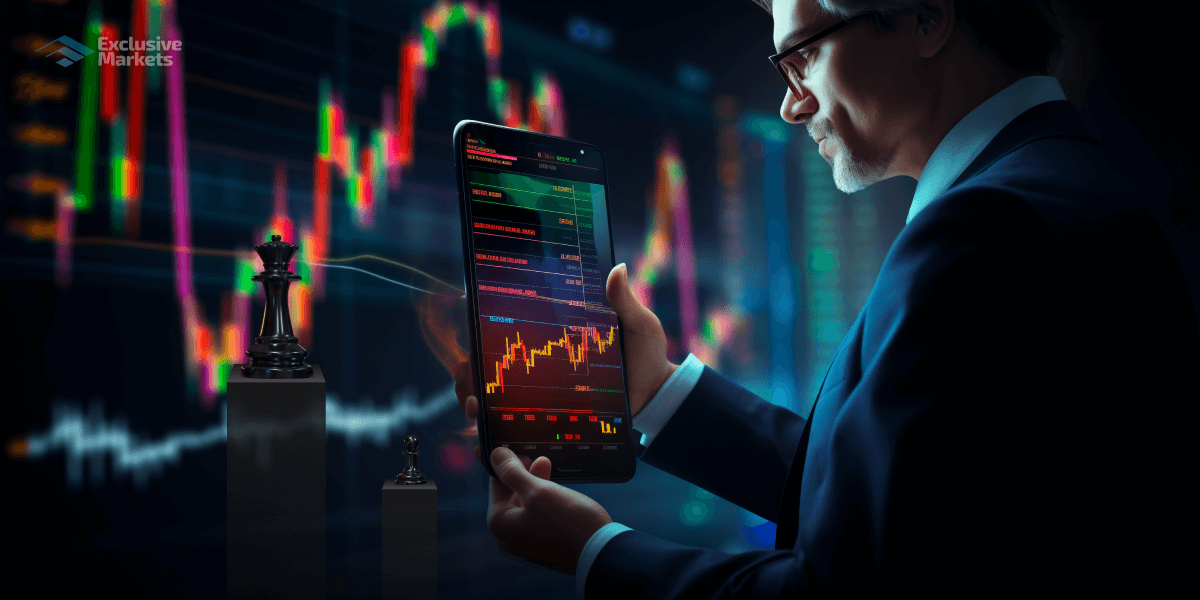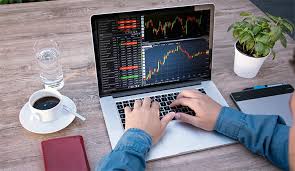
Understanding the Meaning of Forex Trading
Forex trading, short for foreign exchange trading, refers to the process of buying and selling currencies within the global marketplace. This decentralized market operates 24 hours a day, allowing traders to engage in currency transactions at any time. The volume of trading in the forex market exceeds $6 trillion daily, making it one of the largest financial markets in the world. For those interested in entering this dynamic field, understanding the meaning and implications of forex trading is vital. For instance, forex trading meaning Argentina Brokers can play a significant role in your trading success.
The Basics of Forex Trading
At its core, forex trading involves the simultaneous purchasing of one currency and the selling of another. Currencies are traded in pairs, such as EUR/USD (Euro/US Dollar) or GBP/JPY (British Pound/Japanese Yen). The first currency in the pair is known as the base currency, and the second is the quote currency. The price of a currency pair indicates how much of the quote currency is needed to purchase one unit of the base currency.
The Importance of Forex Trading
Forex trading plays a crucial role in the global economy. It enables businesses to engage in international transactions, facilitates travel, and allows for investment in foreign markets. The forex market also provides liquidity and serves as a platform for speculators who seek to profit from fluctuations in currency values.
Key Terminology in Forex Trading

Understanding forex trading means becoming familiar with several key terms:
- Exchange Rate: The price at which one currency can be exchanged for another.
- Leverage: A tool that allows traders to control a larger position size with a smaller amount of capital.
- Pip: The smallest price increment in a currency pair, typically representing a change of 0.0001.
- Spread: The difference between the buying price and selling price of a currency pair.
- Margin: The amount of money required to open a leveraged position.
Forex Trading Strategies
To navigate the complexities of the forex market, traders can employ various strategies:
- Day Trading: Involves opening and closing positions within a single trading day, capitalizing on short-term market movements.
- Scalping: A quick trading strategy aimed at capturing small price changes, typically holding positions for just a few minutes.
- Swing Trading: Involves holding positions for several days or weeks, aiming to profit from expected price changes during that timeframe.
- Position Trading: A long-term strategy where traders hold positions for weeks, months, or even years, based on fundamental analysis.
The Role of Forex Brokers
Forex brokers act as intermediaries between traders and the foreign exchange market. They provide a platform for executing trades, offer leverage, and sometimes provide additional resources such as educational materials and market analysis. Choosing a reputable broker is essential for success in forex trading. Factors to consider include trading fees, platform functionality, customer support, and regulatory compliance.

Risks Involved in Forex Trading
While forex trading offers enormous potential for profit, it also carries significant risks. Some common risks include:
- Market Risk: The risk of losing money due to unfavorable market movements.
- Leverage Risk: The potential for magnifying losses when using leverage.
- Liquidity Risk: The risk of not being able to execute a trade quickly enough to prevent a loss.
- Interest Rate Risk: The risk of fluctuations in interest rates affecting currency values.
Tips for Successful Forex Trading
To enhance your chances of success in forex trading, consider the following tips:
- Practice with a demo account to gain experience without risking real money.
- Stay informed about global economic events that influence currency movements.
- Use technical analysis and charting tools to identify potential trade opportunities.
- Adopt a disciplined approach, including setting stop-loss orders to manage risk.
- Continuously educate yourself about forex trading strategies and market dynamics.
Conclusion
Forex trading is a complex but rewarding field that offers numerous opportunities for traders worldwide. By understanding the fundamental principles, effectively managing risks, and choosing the right broker, individuals can navigate the forex market successfully. Keep in mind that it requires commitment and continuous learning to excel in this fast-paced environment.
